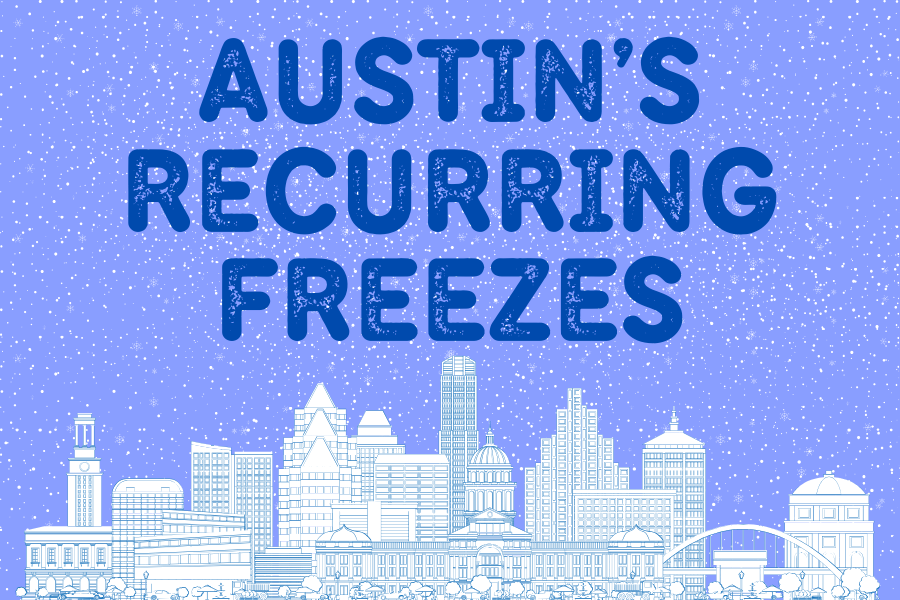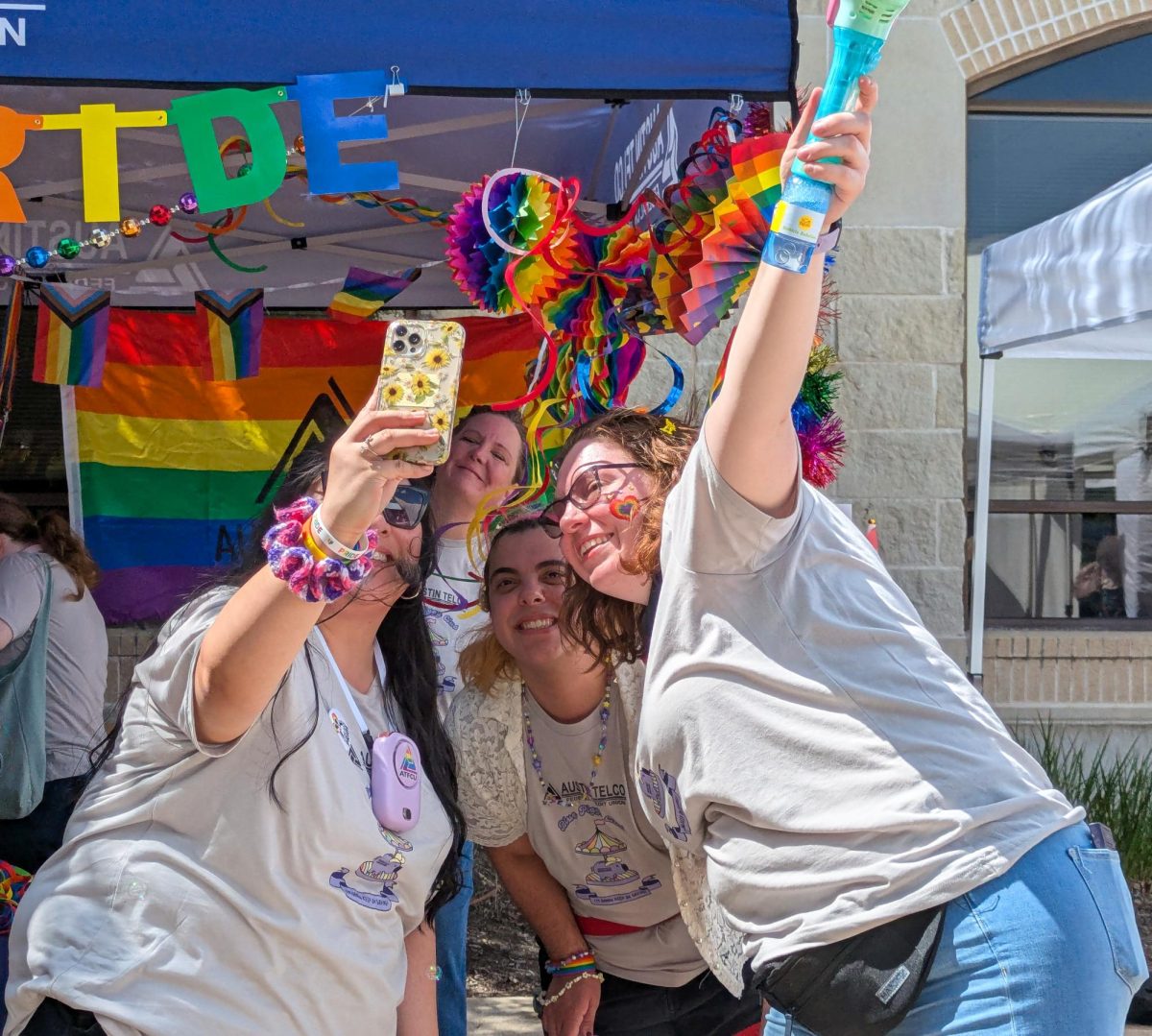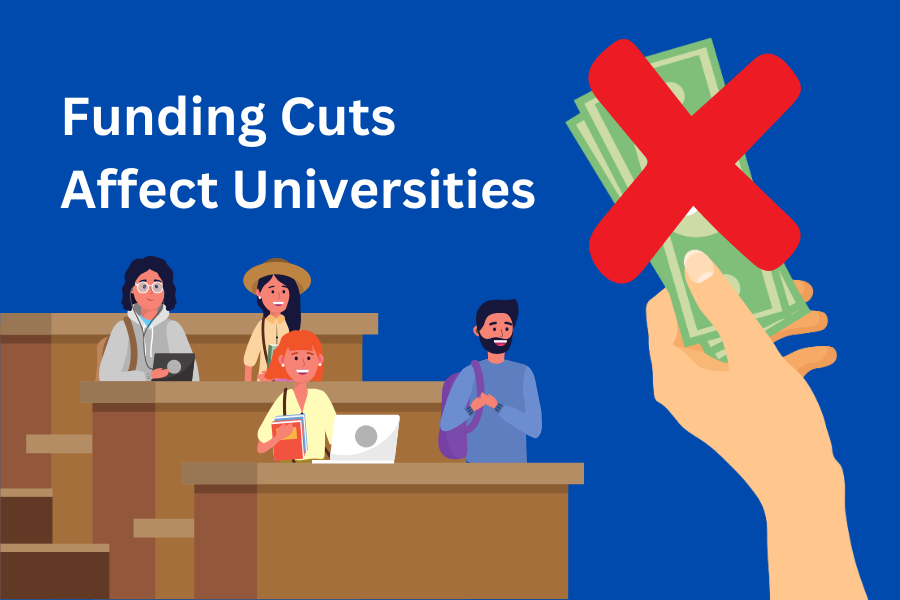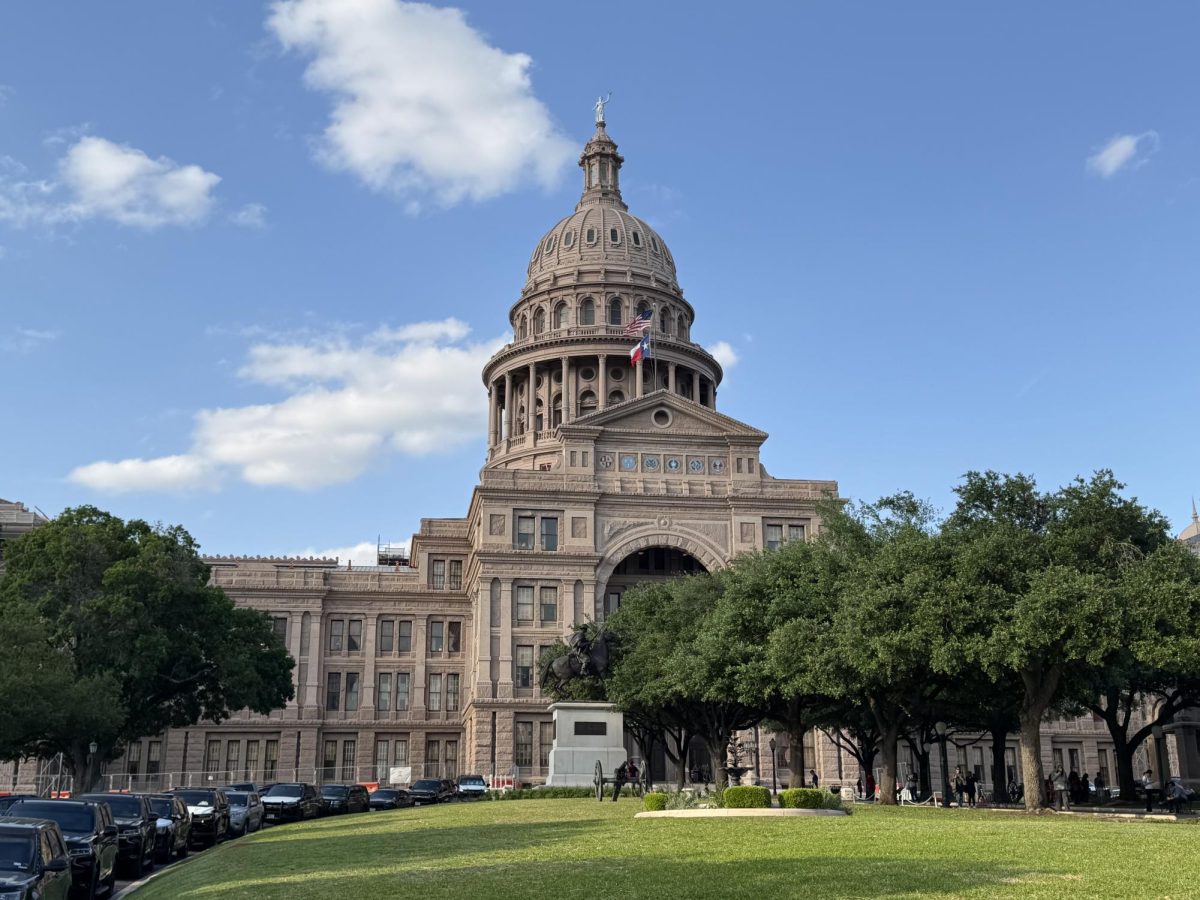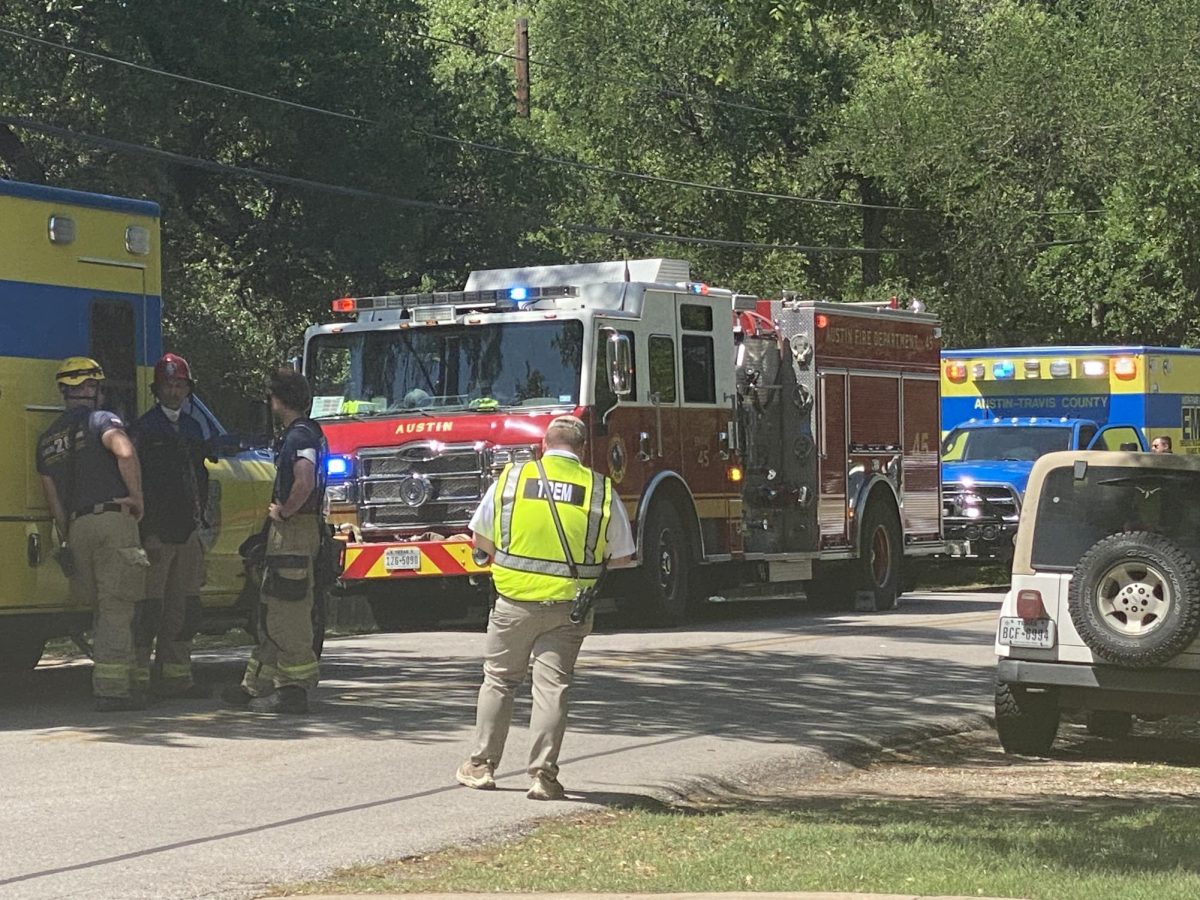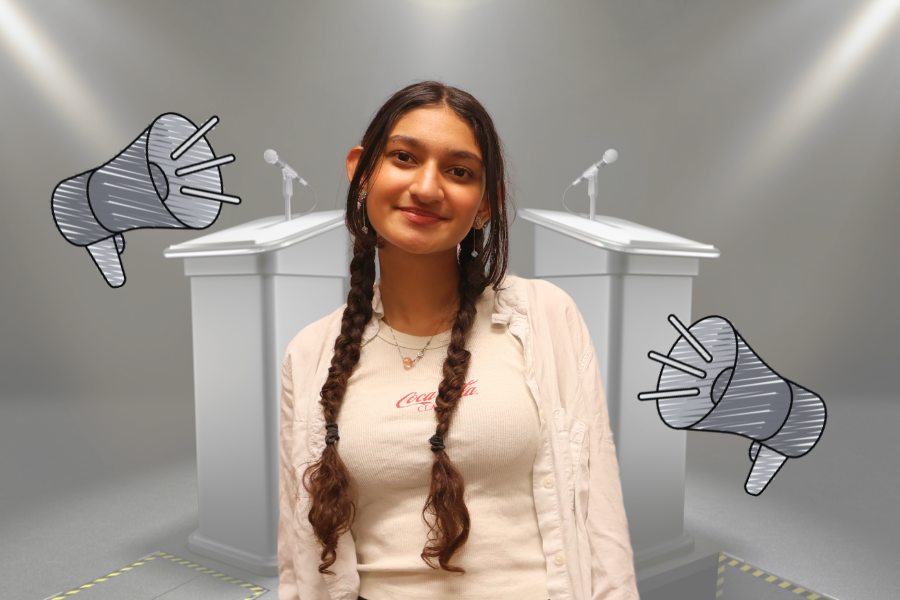Tuesday, Jan. 21, marked Texas’ fifth annual winter freeze, signaling a clear sign of a changing climate in a state typically known for its intense heat. In the midst of this consistently occurring transformation, Texans have a myriad of perspectives and attitudes toward the freeze, especially due to its recurring pattern.
The freeze signified many things to many different people. For many, it meant worries about losing power and water due to poor infrastructure, which was largely considered woefully ill-equipped for winter weather.
“We kept our taps running, which unfortunately also [wasted] water, but we had to keep it running, so if it [froze], the water didn’t burst out of our pipes,” Sanmita Hosur ‘28 said.
This uncertainty and fear about the impacts of winter weather come after numerous power and water outages in recent years. To some community members, these outages represent shoddy infrastructure stemming from critical governance failures.
“[The government] doesn’t have a mechanism to make sure [that] roads are drivable [which is] really significant when [we] live in a state where you can’t walk in, [and] it’s very transportation-focused,” Chaaya Annamreddy ‘27 said. “ Our roads are kind of [unprepared], [and] we don’t have any prepared response to it. So everything kind of shuts down.”
Furthermore, extreme winter weather often makes it difficult to drive, forcing schools and businesses to temporarily close. For many, these abrupt closures can have a negative impact on their daily life, upsetting their daily routines and causing imbalance in their life.
“People who rely on their jobs, [specifically] physical jobs, and people who don’t work from home [are affected],” Hosur said. “[Specifically], lower sector jobs depend on their daily wages, and I don’t think they’re compensated [when work is canceled].”
Yet, despite negative attitudes towards the freeze, some were also grateful that the impacts were limited, and not nearly as severe as past freezes.
“I feel like the fifth Texas winter freeze, at least for our area, wasn’t as bad as the previous few that we’d been having for past years,” Rishabh Susarla ‘27 said. “It could’ve been that perhaps the area that we live in had managed the situation better and put in more precautions against things like power outages and generator shutdowns, but it felt like it was less of a situation where we had to fear for our safety, and rather something that we could somewhat enjoy as one of the few times that it actually snows in Austin.”
Yet, despite the nature of this limited freeze, there are still worries about what future freezes will look like, and what the government has planned in the long term.
“I would expect that [freezes] just keep happening,” Annamreddy said. “We know it’s due to climate change and all of that, so I think we kind of have to accept that this is [just] going to be a part of our winters now and adjust accordingly.”
Furthermore, many believe that despite the limited impact and severity of this fifth Texas winter freeze, there are critical steps that the government needs to take in the event of future crises.
“I think the main thing that the future has in store for Texas regarding these freezes are better — more holistic decisions regarding things like electricity, icy roads, and other factors that the freeze brings into play,” Susarla said. “[The government should be] able to quickly deal with them in all areas rather than gradually fixing them and causing inconvenience.”

